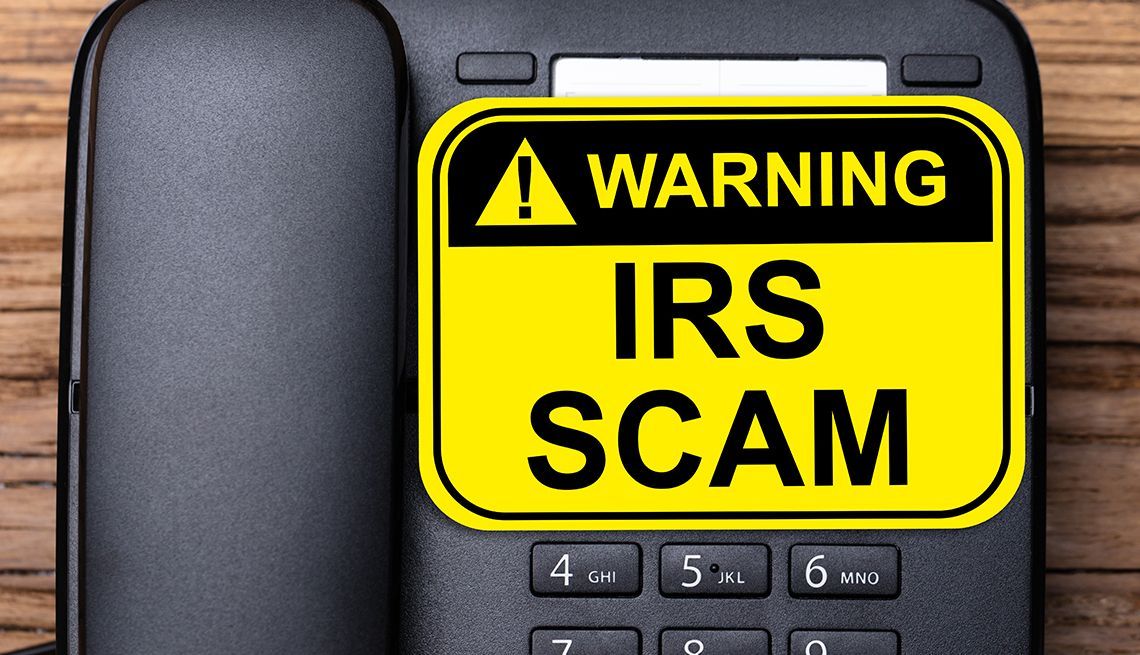Beware of ads promoting Employee Retention Credit offers, IRS warns
(NEXSTAR) – There is a widely-circulating tax scam for 2023 that involves Employee Retention Credits (ERC), the Internal Revenue Service warns, and you may have recently noticed the advertisements on TV or radio.
The refundable tax credit was created to help businesses that kept paying employees despite being shuttered by the COVID pandemic, or who suffered serious declines in business income.
While the credit itself is completely legitimate, the promises being made by some shady promoters are not, according to the IRS.

“While many eligible employers claimed and have already received the ERC, some third parties continue to widely advertise their services targeting taxpayers who may not be eligible for the ERC,” the IRS says. “Unfortunately, these advertisements, along with the increased prevalence of websites touting how easy it is to qualify for the ERC, lend an air of legitimacy to abusive claims for refund.”
One key fact many of these third parties fail to tell potential clients, is that they cannot claim ERC on wages that were already reported as payroll costs to obtain Paycheck Protection Program (PPP) money.
“My concern as a tax professional is that, you know, essentially they’re these businesses trying to take a commission on each ERC that’s obtained,” tax attorney Adam Brewer told Nexstar. “If something goes sideways down the road, they’re not going to be around. So essentially, they’re gonna get their money. And then the IRS is going to come ask them, ‘Hey, we gave you this credit. We don’t think you’re entitled to it, provide documentation.”
“The aggressive marketing of these credits is deeply troubling and a major concern for the IRS,” said IRS Commissioner Danny Werfel. “Businesses need to think twice before filing a claim for these credits.”
Eligible taxpayers can claim the ERC on an original or amended return for wages paid out between March 13, 2020 and Dec. 31, 2021, but, according to the IRS website, they must have:
- Sustained a full or partial suspension of operations due to orders from an appropriate governmental authority limiting commerce, travel or group meetings because of COVID-19 during 2020 or the first three quarters of 2021.
- Experienced a significant decline in gross receipts during 2020 or a decline in gross receipts during the first three quarters of 2021.
- Qualified as a recovery startup business for the third or fourth quarters of 2021.
“There are very specific guidelines around these pandemic-era credits; they are not available to just anyone,” Werfel said. “People should remember the IRS is actively auditing and conducting criminal investigations related to these false claims. We urge honest taxpayers not to be caught up in these schemes.”
If you suspect that you’ve been the victim of fraud or phishing attempts, the IRS urges you to document it in an email to phishing@irs.gov, and call the Treasury Inspector General for Tax Administration at (800) 366-4484.
This article, written by Jeremy Tanner, appeared first on The Hill.

